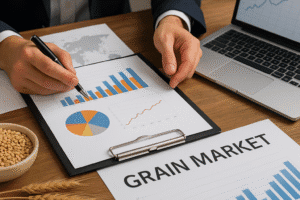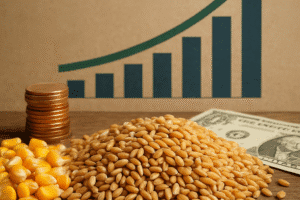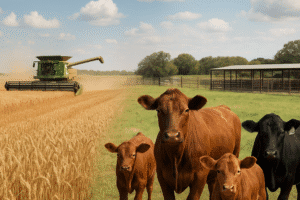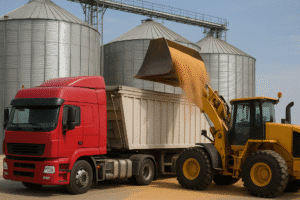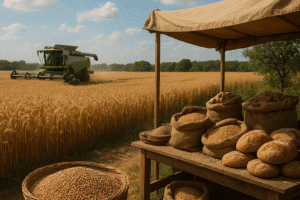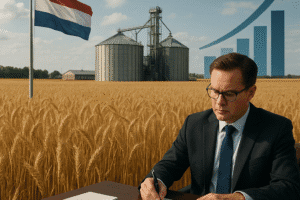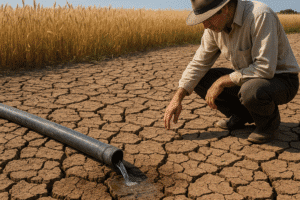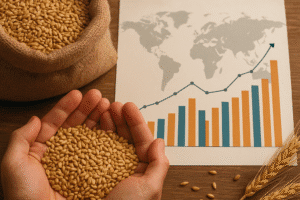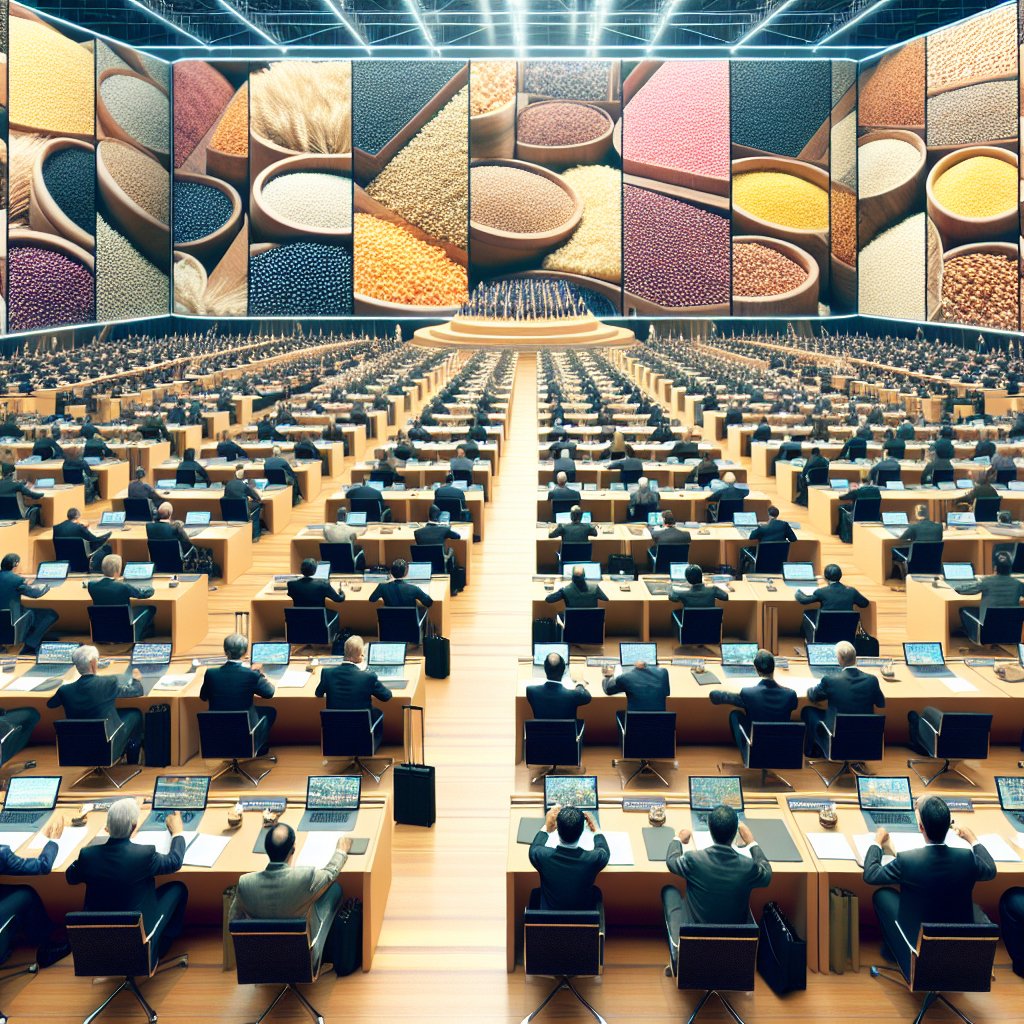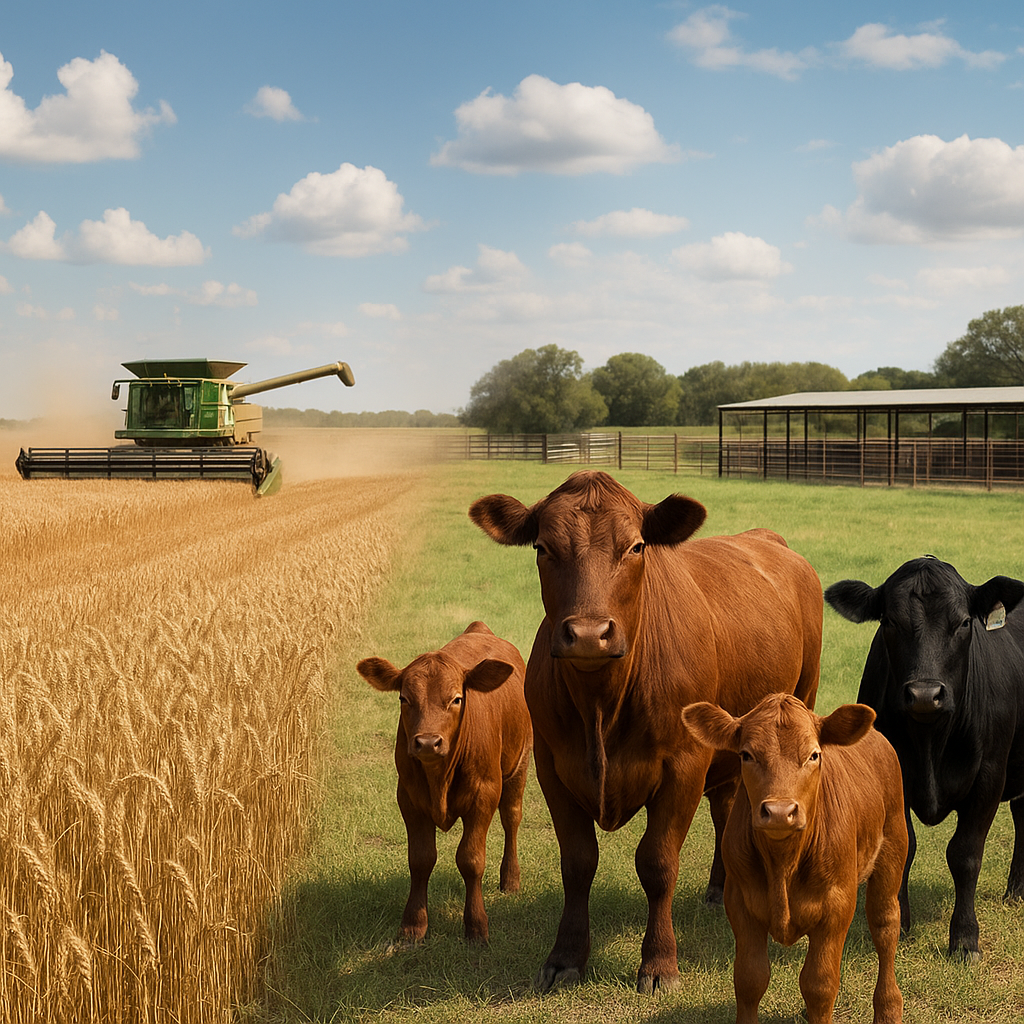The role of global conferences in shaping grain policies is pivotal in addressing the challenges faced by the agricultural sector worldwide. These conferences serve as platforms for stakeholders, including governments, NGOs, and industry leaders, to discuss pressing issues, share knowledge, and formulate strategies that impact grain production, trade, and sustainability. As the global population continues to grow, the demand for grains increases, making it essential to develop effective policies that ensure food security and promote sustainable agricultural practices.
Understanding the Importance of Grain Policies
Grain policies are essential for managing the production, distribution, and consumption of staple crops such as wheat, rice, corn, and barley. These policies influence various aspects of the agricultural sector, including pricing, trade regulations, and environmental sustainability. The importance of grain policies can be understood through several key factors:
- Food Security: Ensuring that populations have access to sufficient, safe, and nutritious food is a primary goal of grain policies. With the increasing global population, effective policies are necessary to boost production and manage resources efficiently.
- Economic Stability: Grains are a significant component of many countries’ economies. Policies that support grain production can lead to job creation, rural development, and overall economic growth.
- Environmental Sustainability: The agricultural sector is a major contributor to environmental issues such as deforestation, soil degradation, and water scarcity. Grain policies that promote sustainable practices can help mitigate these impacts.
- Trade Relations: Grains are a vital part of international trade. Policies that regulate grain exports and imports can affect global market dynamics and influence diplomatic relations between countries.
The Role of Global Conferences
Global conferences play a crucial role in shaping grain policies by bringing together diverse stakeholders to discuss challenges and opportunities in the agricultural sector. These events facilitate knowledge exchange, foster collaboration, and promote the development of innovative solutions. Some of the most significant global conferences related to grain policies include:
1. The Food and Agriculture Organization (FAO) Conferences
The FAO, a specialized agency of the United Nations, organizes conferences that focus on various aspects of food and agriculture, including grain production. These conferences provide a platform for member countries to discuss policies, share best practices, and address global food security challenges. The FAO’s Committee on World Food Security (CFS) is particularly influential in shaping policies that affect grain production and distribution.
2. The World Trade Organization (WTO) Ministerial Conferences
The WTO holds ministerial conferences every two years, where trade ministers from member countries gather to negotiate trade agreements and discuss trade-related issues, including those affecting grains. These conferences are critical for establishing trade policies that impact grain exports and imports, ensuring that countries can access the grains they need while supporting their domestic producers.
3. The Global Forum on Food Security and Nutrition (GFCSN)
The GFCSN is an international platform that brings together stakeholders to discuss food security and nutrition issues, including grain policies. The forum encourages dialogue among governments, civil society, and the private sector, fostering collaboration to develop effective policies that address food security challenges.
4. Regional Conferences and Workshops
In addition to global conferences, regional events play a vital role in shaping grain policies. These conferences allow countries within specific regions to address localized challenges, share experiences, and develop tailored policies that consider regional agricultural practices and market dynamics. Examples include the African Union’s Comprehensive Africa Agriculture Development Programme (CAADP) and the Asia-Pacific Economic Cooperation (APEC) meetings focused on food security.
Challenges Addressed at Global Conferences
Global conferences address a myriad of challenges that impact grain policies. Some of the most pressing issues include:
1. Climate Change
Climate change poses a significant threat to global agriculture, affecting crop yields and food security. Conferences provide a platform for discussing strategies to adapt to changing climate conditions, such as developing drought-resistant crop varieties and implementing sustainable farming practices.
2. Trade Barriers
Trade barriers, such as tariffs and quotas, can hinder the flow of grains between countries. Global conferences facilitate discussions on reducing these barriers, promoting fair trade practices, and ensuring that countries can access the grains they need to meet their food security goals.
3. Technological Advancements
Advancements in agricultural technology, such as precision farming and biotechnology, can significantly impact grain production. Conferences allow stakeholders to share knowledge about these technologies and discuss their implications for grain policies, including regulatory frameworks and ethical considerations.
4. Food Waste
Food waste is a critical issue that affects food security and resource management. Global conferences often address strategies to reduce food waste in the grain supply chain, from production to consumption, promoting policies that encourage better storage, transportation, and consumption practices.
Case Studies of Successful Policy Implementation
Several case studies illustrate the positive impact of global conferences on grain policies and their successful implementation:
1. The Green Revolution
The Green Revolution of the 1960s and 1970s was a significant turning point in global agriculture, particularly in developing countries. International conferences facilitated the exchange of knowledge and technology, leading to the development of high-yielding crop varieties and improved agricultural practices. This revolution significantly increased grain production, particularly in countries like India and Mexico, helping to alleviate hunger and improve food security.
2. The Comprehensive Africa Agriculture Development Programme (CAADP)
CAADP is an African Union initiative aimed at promoting agricultural growth and food security across the continent. Through regional conferences and workshops, CAADP has successfully mobilized resources and fostered collaboration among African nations to develop and implement policies that enhance grain production and address food security challenges.
3. The Global Agriculture and Food Security Program (GAFSP)
GAFSP is a multi-donor trust fund that supports agricultural development and food security initiatives in developing countries. Through global conferences, GAFSP has facilitated partnerships between governments, NGOs, and the private sector, leading to the implementation of successful grain policies that improve productivity and access to food.
Future Directions for Grain Policies
As the global landscape continues to evolve, the role of global conferences in shaping grain policies will remain crucial. Future directions for grain policies may include:
1. Emphasizing Sustainability
With increasing awareness of environmental issues, future grain policies will likely prioritize sustainability. Conferences will play a vital role in promoting practices that reduce the environmental impact of grain production, such as agroecology and organic farming.
2. Enhancing Resilience
Building resilience in the agricultural sector will be essential to address the challenges posed by climate change and economic fluctuations. Global conferences can facilitate discussions on strategies to enhance the resilience of grain production systems, including diversifying crops and improving infrastructure.
3. Promoting Inclusivity
Future grain policies should focus on inclusivity, ensuring that smallholder farmers and marginalized communities have a voice in policy discussions. Global conferences can provide platforms for these stakeholders to share their experiences and advocate for policies that support their needs.
4. Leveraging Technology
As technology continues to advance, future grain policies will need to incorporate innovative solutions that enhance productivity and sustainability. Conferences can facilitate discussions on the responsible use of technology in agriculture, ensuring that policies support the adoption of beneficial practices while addressing ethical concerns.
Conclusion
The role of global conferences in shaping grain policies is indispensable in addressing the complex challenges faced by the agricultural sector. By fostering collaboration, facilitating knowledge exchange, and promoting innovative solutions, these conferences contribute to the development of effective policies that ensure food security, economic stability, and environmental sustainability. As the world continues to grapple with issues related to food production and distribution, the importance of these gatherings will only grow, making it essential for stakeholders to engage actively in the dialogue and work towards a more sustainable and secure future for global grain production.
